"Nothing in the mind that was not in the senses... if true this principle spells the end for... science fiction in general, affirming as it does that even our wildest imaginings are all collages of experience, constructs made up of bits and pieces of the here and now... On the social level, this means that our imaginations are hostages to our own mode of production (and perhaps to whatever remnants of past ones it has preserved)." F. Jameson
Double Bind
The limits of language are the limits of my world.
"The grid is the means of crowding out the dimensions of the real and replacing them with aesthetic decree"
"A view of the grid as a framework for large-scale socialization is consistent with French anthropologist Claude Levi Strauss description of myths as a social glue that structure real data in the simplest way...
Following Levi-Strauss, grids would be said to state the opposition between the detail and the totality
…
The modernist version of the grid myth serves a vision of historic progress that mediates between the capriciousness of nature and the order of industry."
H. Higgins
Humming is being in a time and place. It is not rehearsed. Humming responds to place: internal, external and temporal. Humming is a conversation with non-human, porous life. It breathes through boundaries, skins and waves; becoming with them.
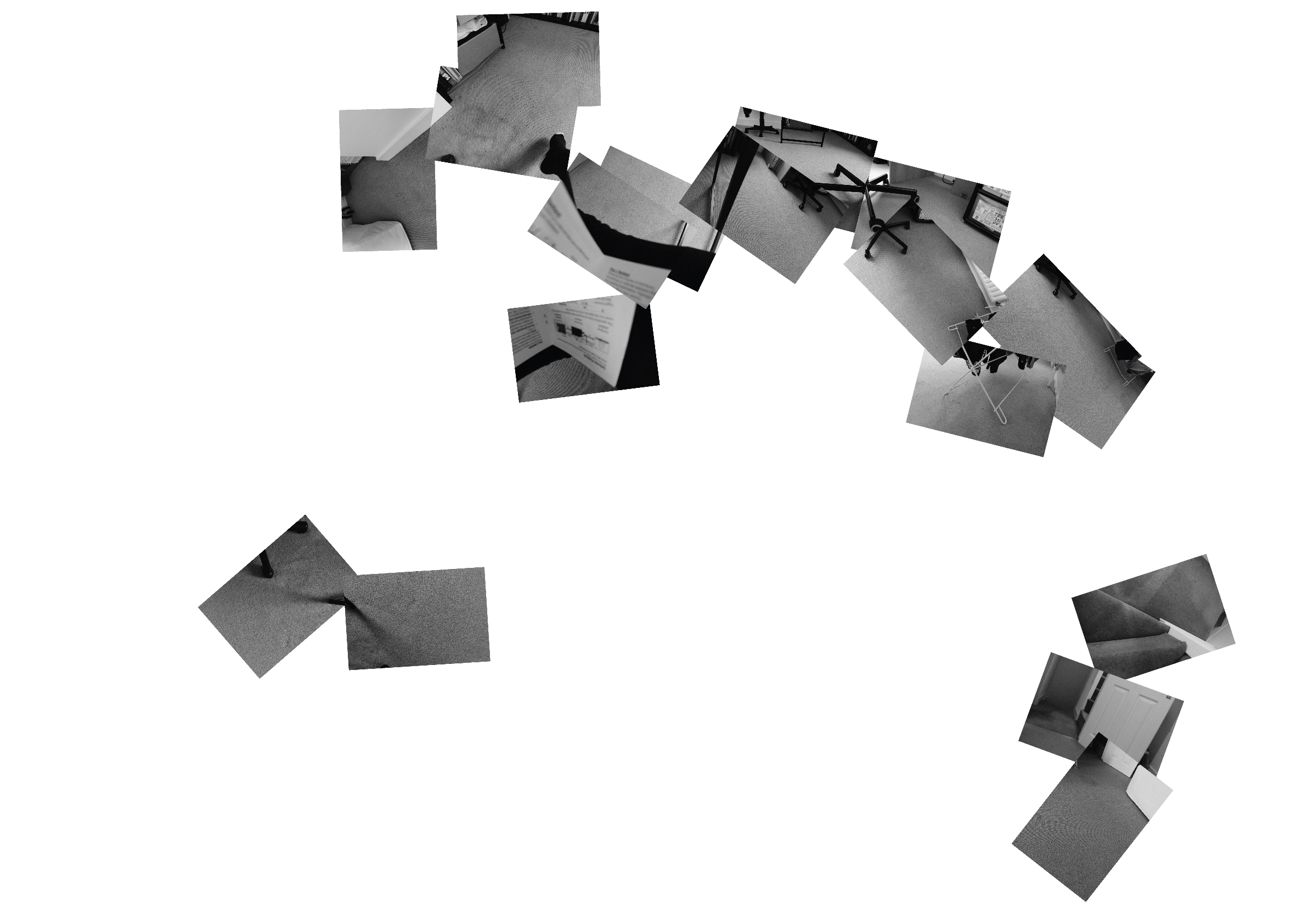
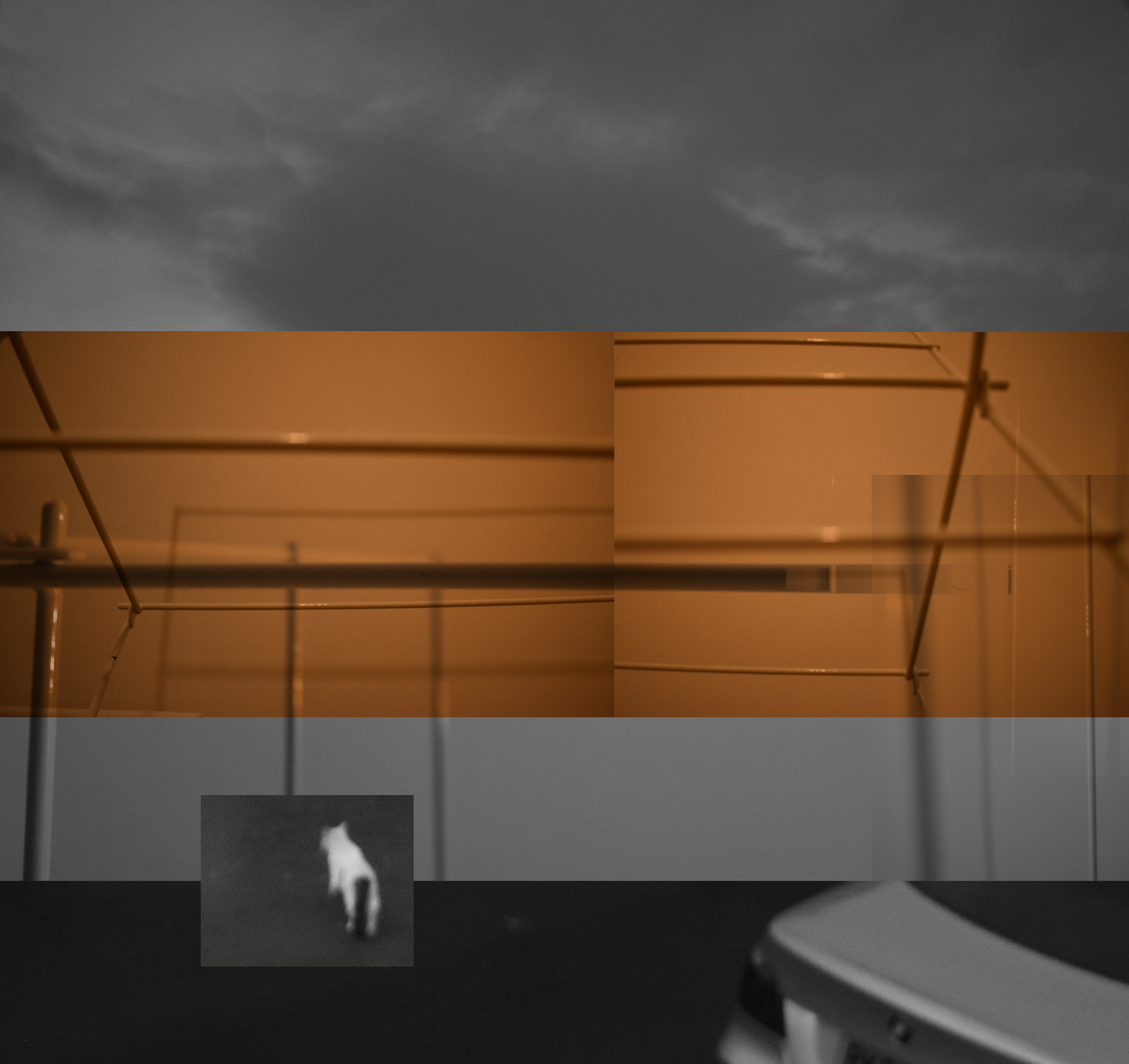
EXTRACTS OF LONELINESS AND AGGRESSION
Source:
Joseph Conrad, The Secret Agent: A simple Tale (Hertfordshire: Wordsworth Classics, 2000)
—chapters one to four, chapter fourteen and the title of chapter nine—
CHAPTER ONE
[CHORUS]
1. ‘In the daytime the door remained closed; in the evening it stood discreetly but suspiciously ajar.’ (p.13)
[Loneliness as a space, as an interior aspect of a room. The door as the ability of a person to interact with others. Suspicion is withdrawal. Discretion while doing so is acceptance; a sense of normality that justifies the cause.]
2. ‘The window contained photographs of more or less undressed dancing girls; nondescript packages in wrappers like patent medicines; closed yellow paper envelopes, very flimsy, and marked two-and-six in heavy black figures; a few numbers of ancient French comic publications hung across a string as if so to dry; a dingy blue china bowl, a casket of black wood, bottles of marking ink, and rubber stamps; a few books, with titles hinting at impropriety; a few apparently old copies of obscure newspapers, badly printed, with titles like The Torch, The Gong’ (p.13)
[I imagine these objects collecting dust. New dust and old dust. The old dust has become, over the months and years of not cleaning, a grey-brownish filthy paste. The new dust, of a different colour, is sticking out, as if glued on the grease of the old dust with air pollution residue mix. Cleaning now is futile. Better leave everything dirty or make things worse. Photographs and prints faded from the sun; corners of paper rolled from humidity with an unpleasant haptic feel.]
3. ‘The evening visitors — the men with collars turned up and soft hats rammed down’ (p.14)
[A hat and a high collar to cover a face from public view. As if because of the weather. Serves best to isolate you in your guise.]
4. ‘He came and went without any very apparent reason… when he went out he seemed to experience a great difficulty in finding his way back… He left it late, and returned to it early’ (p.15)
[A recollection of a personal experience: Leaving home when the sun rose, returning at sunset. Best memories ever, when I had nothing to do and no one to meet. When someone asked me ‘what did you do today?’ I didn’t know what to answer.]
5. ‘… Whinie’s mother in the breakfast room downstairs where she had her motionless being.’ (p.16)
[Strangers in the same house. The one sitting alone downstairs: hands crossed in her lap, eyes looking at some distant focal point, or rather, at something that is not even there, an imaginary still target — looking persistently, not even blinking. The one sitting alone does not interact with anyone who comes in the room, unless for practicalities that need to be addressed: ‘We will be eating soon, can you prepare the table please?’, ‘Yes, sure love’.]
6. ‘And with her straight, unfathomable glance she answered that she would be so, of course.’ (p.16)
[Canned speech is a kind of withdrawal.]
7. ‘…a crowd, which disliked to be disturbed by sounds of distress in its quiet enjoyment of the national spectacle.’ (p.16-17)
[The ‘enjoyment of the national spectacle’: celebrations of national pride that lurk emotions of superiority of a race over another. And the ‘dislike to be disturbed’ the collective emotion of people immersed in these sentiments.]
8. ‘Wild-eyed, chocking clerks stampeded through the passages full of smoke, silk hats and elderly business men could be seen rolling independently down the stairs. Stevie did not seem to derive any personal gratification from…’ (p.17)
[CHORUS]
CHAPTER TWO
[CHORUS]
9. ‘…solitary horsemen looking unsociable, and solitary women… with the skin of some wild beast inside and a woman’s face and hat emerging above the folded hood.’ (p.19)
[Solitary subjects, like the people hiding themselves in their clothing, under hats and collars. Here loneliness has a vulgar, cruel quality, however. Is there a wild beast lurking underneath the skin of these faces?]
10. ‘…in that diffuse light, in which neither wall, nor tree, nor beast, nor man cast a shadow… through a town without shadows…’ (p.19)
[The city transforms itself into a badly fabricated picture, a collage or a virtual reality. The person in it looks like a plant without roots, a comic character or just a joke. After all, loneliness is failure to integrate to one’s environment.]
11. ‘In its breadth, emptiness, and extent it had the majesty of inorganic nature, of matter that never dies… all was still …looking a stranger to every emotion, as if he, too, were part of inorganic nature…’ (p.21)
[The introduction of the time element. Time as irrelevant. Time as a consistent, persistent now that makes content or intent decrease in meaning.]
12. ‘He made no sign of greeting; neither did Mr Verloc, who certainly knew his place...’ (p.22)
[Familiar postures and attitudes.]
13. ‘’You wouldn’t deceive an idiot…’ (p.25)
14. ‘’You don’t seem to be very smart.’’ (p.25)
15. ‘’But, as I’ve said, you are a lazy fellow…’’ (p.26)
16. ‘’When you cease to be useful you shall cease to be employed’… ‘You shall be chucked…’’ (p.30)
[Familiar utterances.]
17. ‘No one appeared to disturb his solitude.’ (p.36) ‘…without uttering a word… so obviously thoughtful…’ (p.37)
[CHORUS]
CHAPTER THREE
[CHORUS]
18. ‘’ALL IDEALISATION makes life poorer. To beautify is to take away its character of complexity — it is to destroy it…Yes! I had the time to think things out a little’… ‘Society has given me plenty of time for meditation.’’ (p.39)
[CHORUS]
[A social condition misunderstood as one’s personal drama against other people and the whole world. The nature of this condition depends on this misunderstanding.]
19. ‘An extraordinary expression of underhand malevolence survived in his extinguished eyes.’ (p.40)
[Are we seeing the same? Experiences of being forced, of being pushed aside, of power, submission over submission, oppression over oppression, the hard task to exist in this world, to be productive and happy about it, the distress of an inner voice saying that there is something profoundly wrong in all this, while one is immersed in a sea of people who float harmoniously.]
20. ‘…free from the taint of that resigned pessimism’ (p.40) ‘…the same look of confident shrewdness…’ (p.41)
[CHORUS]
[A permanent grimace of hatred of humankind on one’s face.]
21. ‘…in the sepulchral silence of the great blind pile of bricks near a river, sinister and ugly like a colossal mortuary for the socially drowned.’ (p.41)
[An excellent image of a solitary city.]
22. ‘He was no good in discussion, not because any amount of argument could shake his faith, but because the mere fact of hearing another voice disconcerted him painfully, confusing his thoughts at once — these thoughts that for so many years, in a mental solitude more barren than a waterless dessert, no living voice had ever combated, commented, or approved. No one interrupted him now…’ (p.41)
[An excellent image of the solitary subject.]
23. ‘…slowly for a moment, as if to collect his routed thoughts. A silence fell…’ (p.42)
[Inward time helps healing when interaction with people is a trauma. For example, being in the same car with someone who cannot stop talking, when one needs time alone with their thoughts. Listening mostly, giving short answers, wondering what answer could stop the conversation. At last, convinced for the end of it, a last word, which becomes a spark for a renewed session of talking.]
24. ‘…seated very… quiet at a… table, drawing circles, circles, circles; innumerable circles, concentric, eccentric; a coruscating whirl of circles…his back quivered, his thin neck, sunk into a deep hollow at the base of the skull, seemed ready to snap.’ (p.42)
[The inward turn. Precarious healing. Going too deep makes re-surfacing hard labour.]
25. ‘…continued to look down the row of his waistcoat buttons… an emotional state of dread and exasperation tending to express itself in violent swearing. But he said nothing.’ (p.43)
[Repressed anger just before its transformation to guilt. And by the way, guilt is withdrawal, discretion, acceptance; a sense of normality that justifies the cause.]
26. ‘’…idiot…imbecile…poor luckless devils…’’ (p.43)
[Difficult to think what the most distressing name to be called is; idiot or luckless? The idiot has no self-awareness, the luckless no point to exist.]
27. ‘…in all the hopeful and noble illusions…’ (p.43) ‘…emptied now, useless, ready to be thrown away upon the rubbish heap of things that had served their time.’ (p.44)
[Nihilism, collective mental disease, built-in obsolescence.]
28. ‘…stopped short, intimidated by the dead blackness of the…’ ‘The… dropped out of his fingers, and he remained staring at…and dread…’ (p.44)
29. ‘’Then it’s no use doing anything...’’ (p.44) ‘…bored with the world after a thundering spree.’ (p.46)
[CHORUS]
30. ‘…a fragile film of glass stretched between him and the enormity of cold, black, wet, muddy, inhospitable accumulation of bricks, slates and stones…’ ‘…his wife re-enter the room and get into bed in a calm, businesslike manner…’ ‘’I don’t feel very well’’ (p.49)
31. ‘’You’ll catch a cold standing there’’ (p.50)
32. ‘’Takings very small today’’ (p.50)
33. ‘’Did you turn off the gas downstairs?’’ (p.50)
34. ‘’Yes; I did’’ (p.50)
35. ‘’I haven’t been feeling well for the last few days’’ (p.51)
36. ‘’Shall I put out the light now?’’ (p.52)
37. ‘’Yes. Put it out.’’ (p.52)
[Charming dialogues, communication in distress.]
CHAPTER FOUR
[CHORUS]
38. ‘…eyes stared with wild eagerness.’ (p.53)
[Signaling or prefiguring an event.]
39. ‘When it ceased, as abruptly as it had started…’ (p.53)
[As I said, signaling or prefiguring an event.]
40. ‘When it ceased, as abruptly as it had started the be-spectacled, dingy little man who faced Ossipon behind a heavy glass mug full of beer emitted calmly what had the sound of a general proposition.’ ‘’Have you been out much today?’’ (p.53) ‘…the big Ossipon suffered from a sense of moral and even physical insignificance.’ (p.54)
[Recently, I was talking with someone I know, a friend of a friend. ‘And what are you planning to do after you finish your MA?’, she asked. ‘I will continue doing what I do now’, I replied with the most natural, unconcerned manner that surprised me more than her. ‘Doing what exactly?’ she asked back while raising a brow and with a dribble of scorn that surprised her more than me. ‘Art of course’ I re-replied with a smile, so obviously aware of not answering her question. Our conversation came to an end.]
41. ‘Then all became still’ (p.57)
[A scary form of stillness.]
42. ‘’I wonder how you managed it’’ ‘’Force of personality’ said the other…’ (p.57)
[Frame control, what a joke. In this case though, I think the second person really means it.]
43. ‘’…But it is a matter of degree obviously since, for instance I am not impressed by them. Therefore they are inferior…’’ (p.57) ‘’...My superiority is evident.’’ (p.58)
[Then again perhaps it is about frame control. Specific to framing theory is understanding relationships as crudely as this. The reply: resentment, resentment, resentment.]
44. ‘The lonely piano, without as much as a music stool to help it, struck a few chords…’ ‘The… detached notes grew faint behind his back while he went slowly upstairs, across the hall, and into the street.’ (p.65)
[Careful, or these chords are going to stab you in the back.]
CHAPTER THIRTEEN
45. ‘The enormous iron padlock on the doors of the wall cupboard… and the poverty of the material. Unsaleable…’ ‘…with stains resembling…’ (p.214)
[Stains, poverty, unsaleable. I am sure there are some threads hanging from fabrics there somewhere.]
46. ‘…had thrust his hands deep into the overstrained pockets of his jacket…’ (p.214)
[Perhaps from the pockets. Sooner or later some coin will get lost between the layers of the coat.]
47. ‘‘Of course! He never looks at newspapers. They make him too sad, he says.’’ (p.214)
[News often make one sad, hopeless and overpowered. That’s their purpose. To make a spectacle out of reality.]
48. ‘Not a soul anywhere. I had to shout half-a-dozen times before he answered me. I though he was fast asleep yet, in bed. But not at all.’ (p.214)
[Deep inside the chamber of thoughts where he lied.]
49. ‘Exterminate, exterminate!’ ‘…for blood alone puts a seal on… Blood. Death. Look at history.’ (p.215)
50. ‘‘And what remains?’ ‘I remain — if I am strong enough’’ ‘’…They are the weak who feed the strong…’’ (p.215)
[Foreign state affairs policies of the strong and powerful; the cynical version.]
51. ‘The contemplation of the multitudes thronging the pavements extinguished his assurance under a load of doubt and uneasiness…’ (p.216) ‘The thought of mankind as numerous as the sands of the seashore, as indestructible, as difficult to handle, oppressed him’ (p.217)
[The uneasiness of the Professor, the Perfect Anarchist, comes as an effect of his ideological position. A 'respectable', so to speak, politician would face no particular hardship to see in mankind’s multitudes a mob.]
52. ‘An impenetrable mystery seems destined to hang for ever over this act of madness or despair.’ (p.217)
‘An impenetrable mystery seems destined to hang for ever...’ (p.217)
‘An impenetrable mystery...’ (p.217)
‘To hang for ever over’ (p.217)
‘This act of madness or despair.’ (p.217)
‘mystery destined to hang for ever…’ (p.218)
‘An impenetrable mystery is destined to hang for ever…’ (p.218)
‘An impenetrable mystery…’ (p.219)
‘This act of madness or despair...’ (p.219)
‘this act of madness or despair.’ (p.219)
‘…Will hang for ever over this act…’ (p.219-220)
‘of madness or despair...’ (p.220)
‘An impenetrable mystery…’ (p.220)
‘This act of madness or despair.’ (p.220)
[CHORUS]
CHAPTER NINE
[CHORUS]
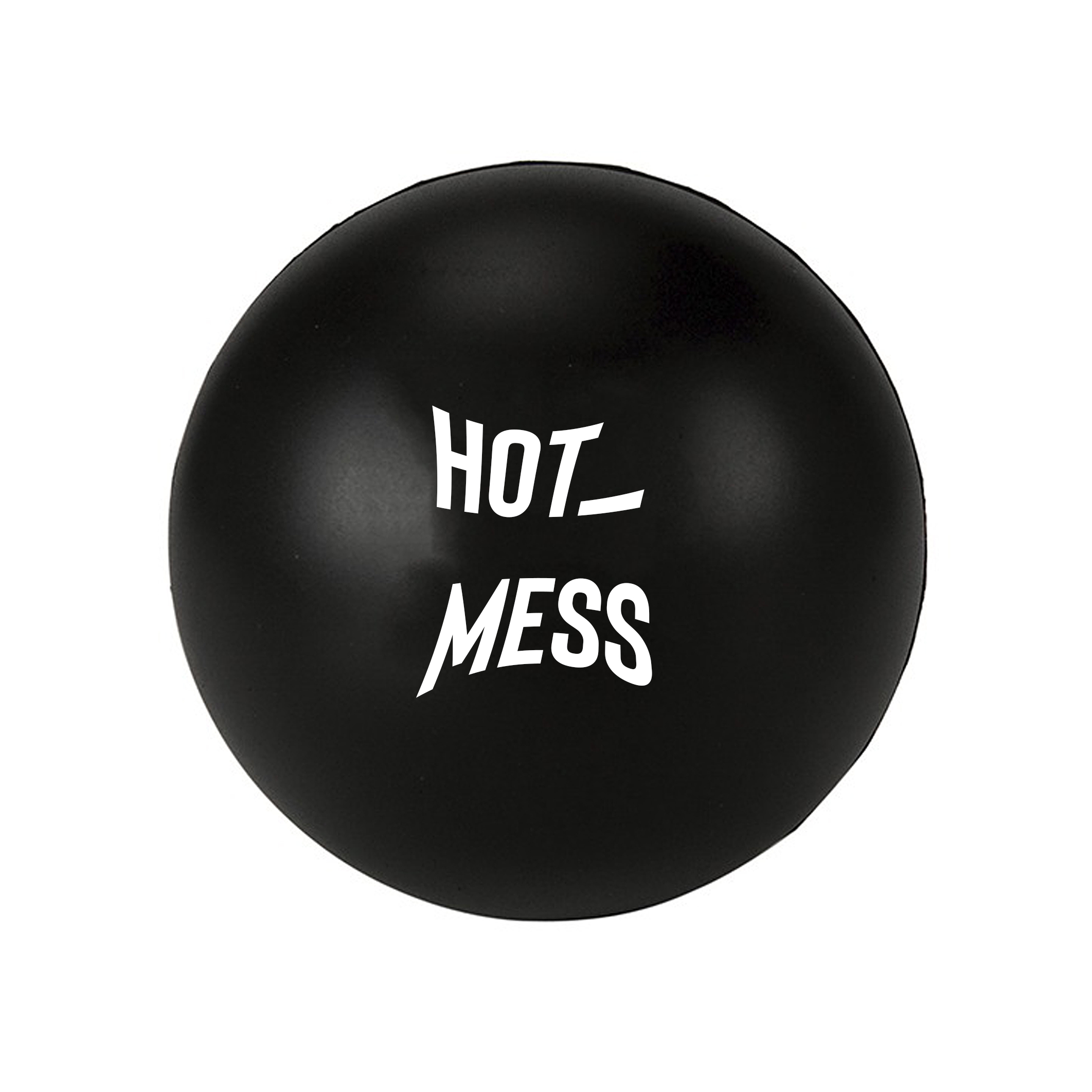
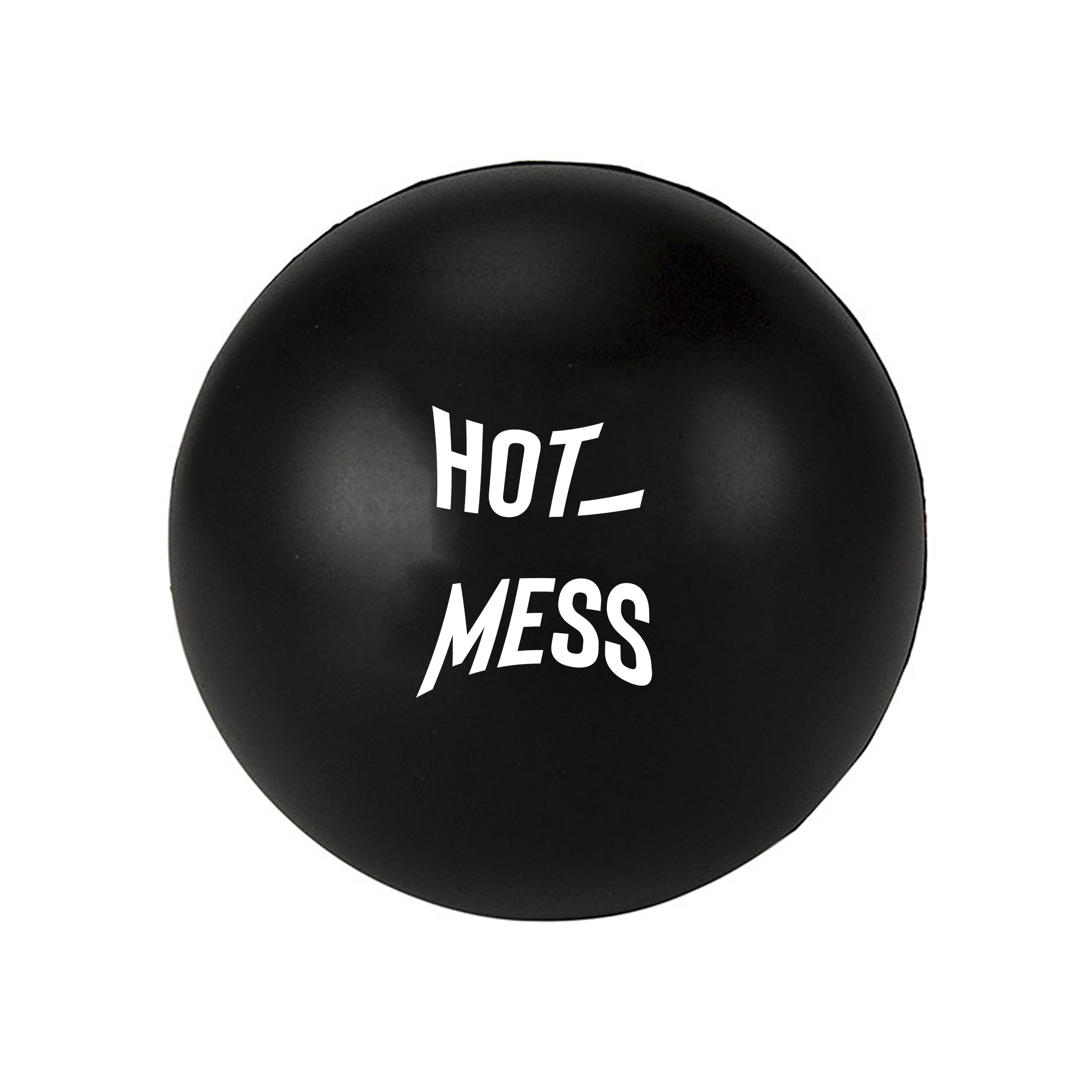
Victim Impact Statement
Barad wants our attention on the physical. Representationalism is hooked on ‘questions of correspondence between descriptions and reality’ where as when looking at the world in a performative sense we are trying to get away from the power of language in dictating what is real. The key inference of a performative approach to epistemic practices is that it is grounded in doing and an inseparability of knower and known. Again, a contestation of a foundationally separational philosophy of the world. This is important for us artists as in a sense it contributes critical understanding as to why something like art matters.
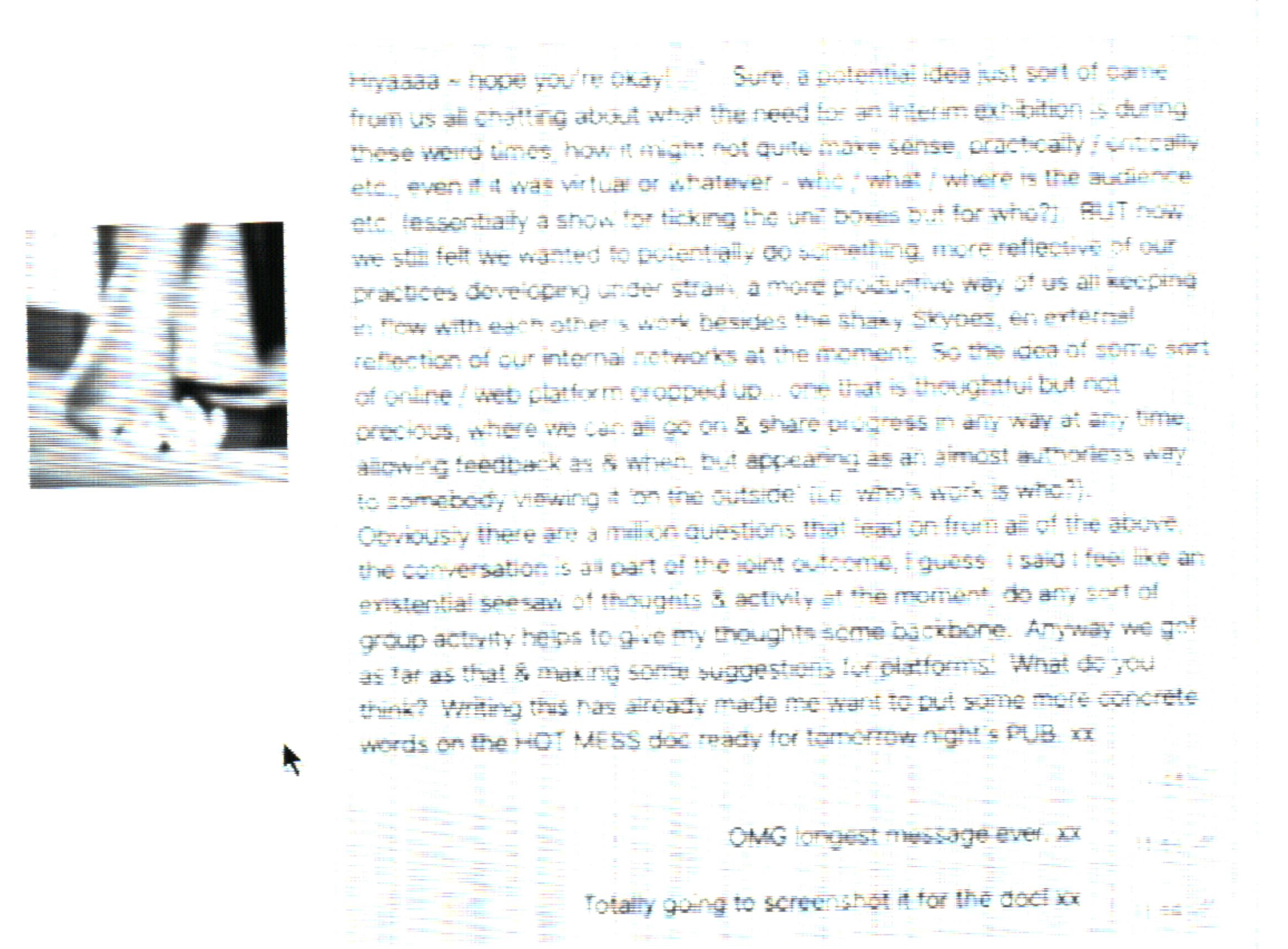
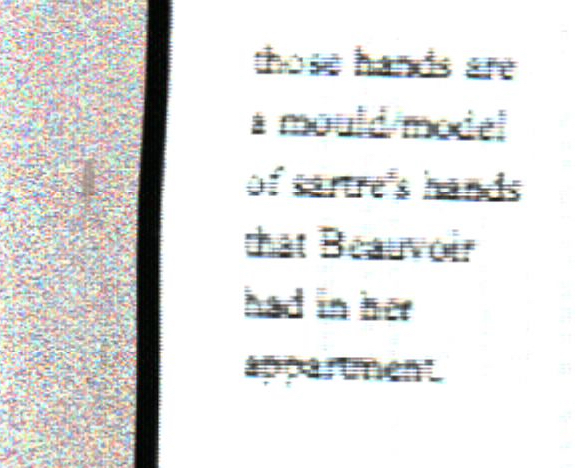
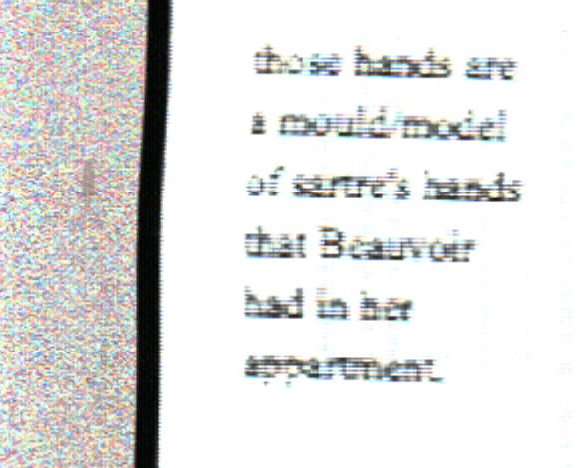
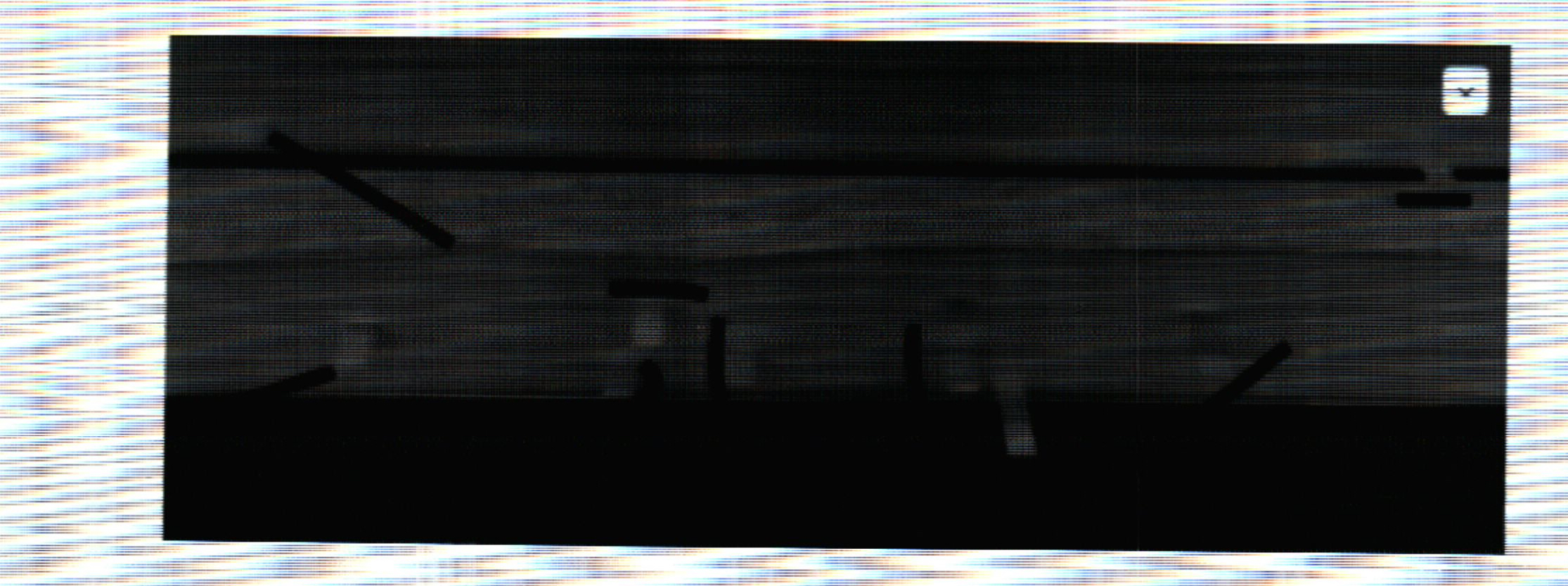


Brooms Don’t Fly: Earth Suffers From Broom Shortage as Nearby Galaxies Indulge in Fantasy
21 December 2019
10:00 am
Etta O.
A Cuff of Copy Press
Fantasy fictions created by humans have gained increasing popularity among nearby galaxies. The theme of magic is top in demand. This produced an unexpected side effect in the UK, a country on Earth. Brooms, a type of everyday household item has became a highly sought-after souvenir.
The sudden surge in broom sales left unknowing local Earthlings confounded. As in-store and online sales have proliferated by 248% and 316% respectively, retails across the UK are suffering from supply shortages. Many shops have placed a purchase limit of 2 brooms per costumer, in an attempt to mitigate this problem. Retail employees have been recommending vacuum cleaners as an alternative.
Broom manufacture companies have extended both their working and delivery hours. The brooms are getting back onto the shelves as production rate steadies and sales are slowly returning to normal. However, the data of the ‘broom crisis’ are being analysed by Earth technology companies, data scientists claim the rapid sales to be unexplainable. To prevent further complications, memories relating to this event could be removed from local humans involved.
HOT_MESS
[an ongoing collective exchange without getting dressed up]
_______________________________________________________________________________________
co-author(less) contributors sometimes inc.
H_Collett / K_Kouniari / S_Moran / A_Newton / S_Read / J_Rost / M_Vaughan / H_Whittingham
_______________________________________________________________________________________
Q. how did you all meet?
A. we met at the PUB once
{i crumb}
{ii crumb}
{iii crumb}
{vi crumb}
{v crumb}
{iv crumb}
{vii crumb}